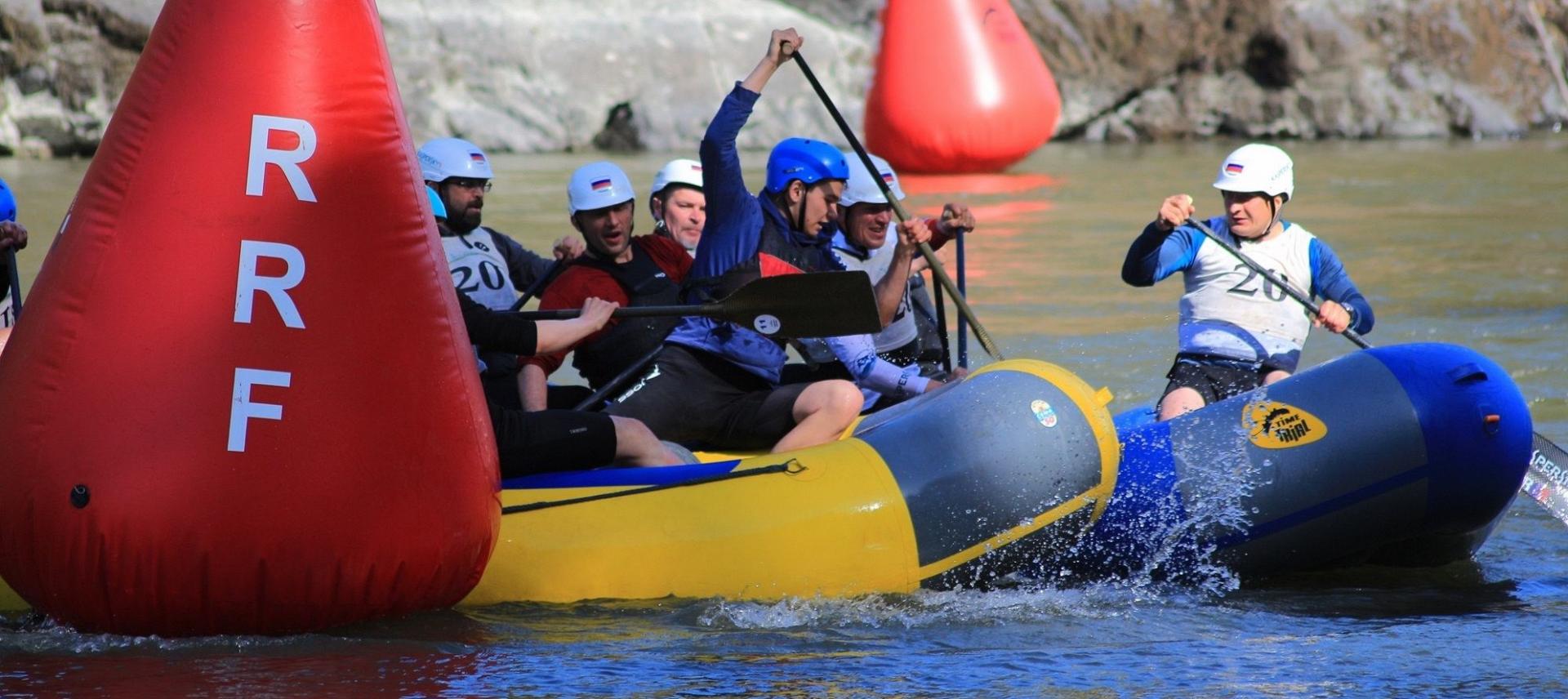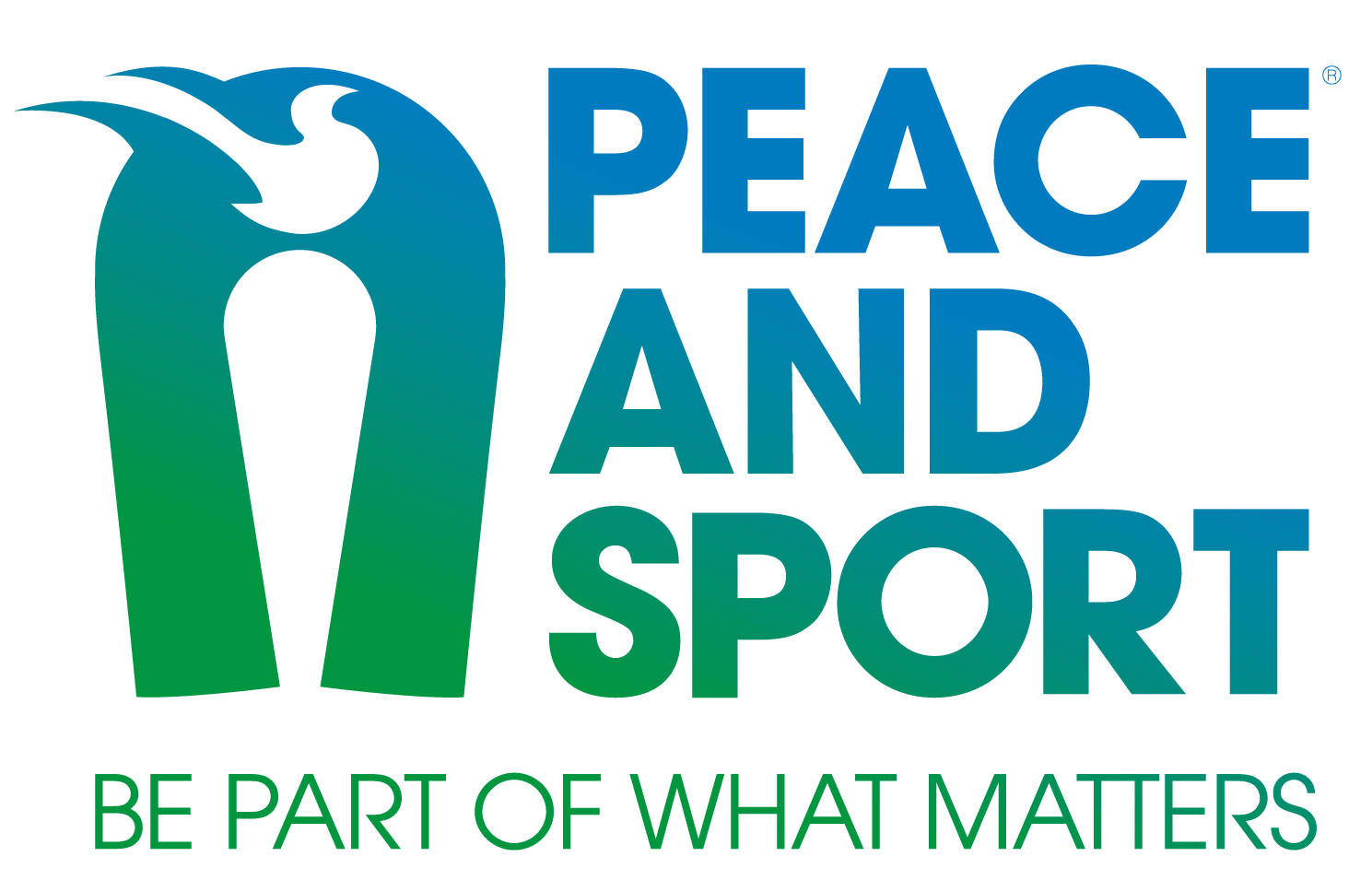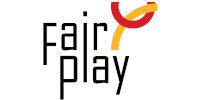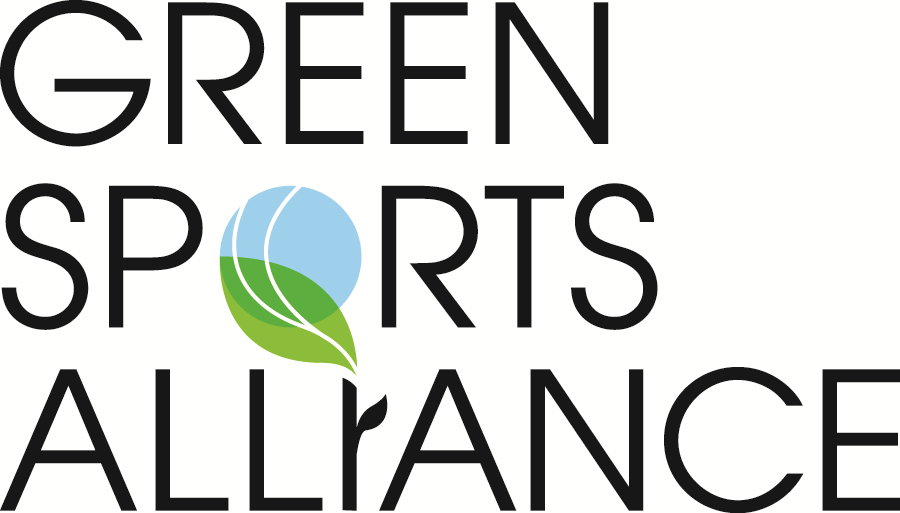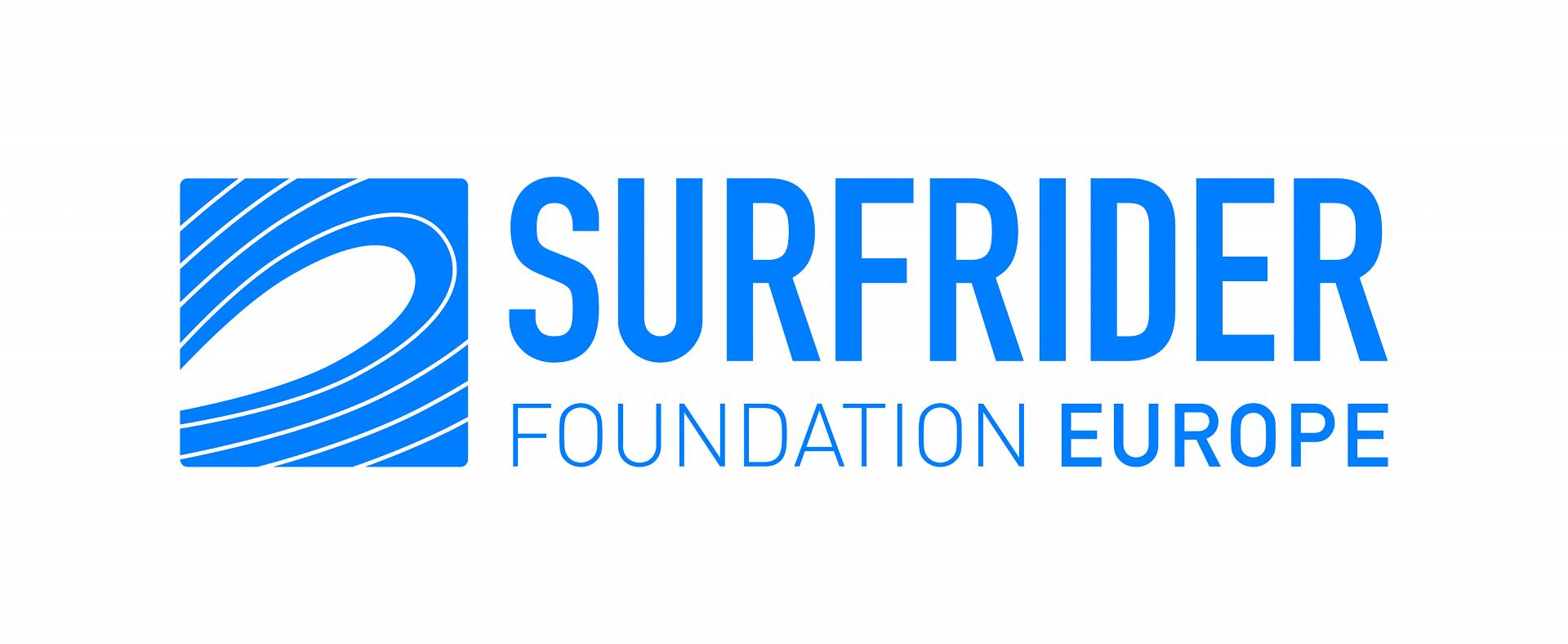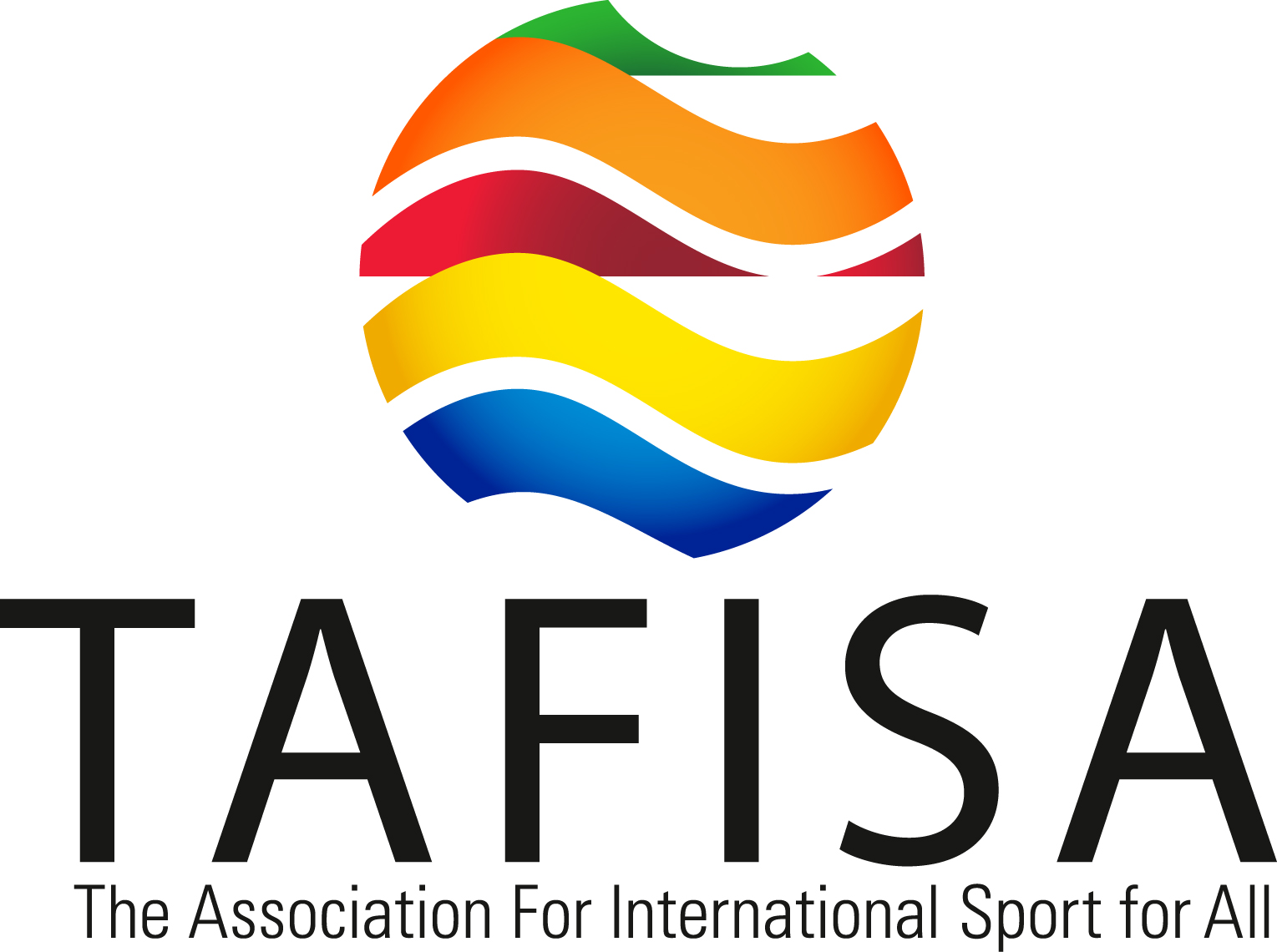Legacy
The term legacy, as it has been defined in the IOC Legacy Strategic Approach, has different meanings for different people, languages and cultures. The following definition of legacy is conceived as a tool for alignment within the Olympic Movement:
“Olympic legacy is the result of a vision. It encompasses all the tangible and intangible long-term benefits initiated or accelerated by the hosting of the Olympic Games/sport events for people, cities/territories and the Olympic Movement.”
Following up on the Recommendations of the Olympic Agenda, the IOC Strategic Map, WRF sets itself the goal of encouraging, supporting, monitoring and promoting legacy into the International Rafting Community.
The bid’s project to host a World Championship shall be strictly linked to the realization of the WRF main goals like the promotion of rafting as a healthy and educational activity for youth, development of local projects between the host National Federation and the local schools and sport clubs of the area where the WC could be organized.
To take full advantage of the opportunities that the WRF World Championship can provide, a potential host town must have a strong vision and clear objectives of what the WC, and even bidding, can do for its rafting community. The World Rafting Federation (WRF) is on hand from the outset to help cities focus on what staging the World Championship can do and to encourage them to reflect on their goals and objectives at an early stage.
The WRF will likewise need to consider also the protection of the environment through the development of specific projects and collaborations with local environmental protection associations.
Furthermore, the recent development of the sport of rafting on artificial venues, that can provide a solid financial sustainment of whitewater venues used for slalom, downriver and river safety, make the possibility of organising events shared with others paddle sport an essential factor which must be taken into account.
The construction and maintenance costs of urban artificial whitewater venues is consistently higher than the income produced by such venues if these are only used for competition/training purposes. On the contrary, when partially used for commercial purposes, whitewater artificial venues become sustainable and can directly support competitive activity. WRF is committed to cooperate with the WC organisers to provide the best possible conditions to develop a rafting promotional activity on the same spot of the competition.
The idea that rafting also is a serious business and a way to support the sport activity by the affiliates to the national federations gained a foothold.


